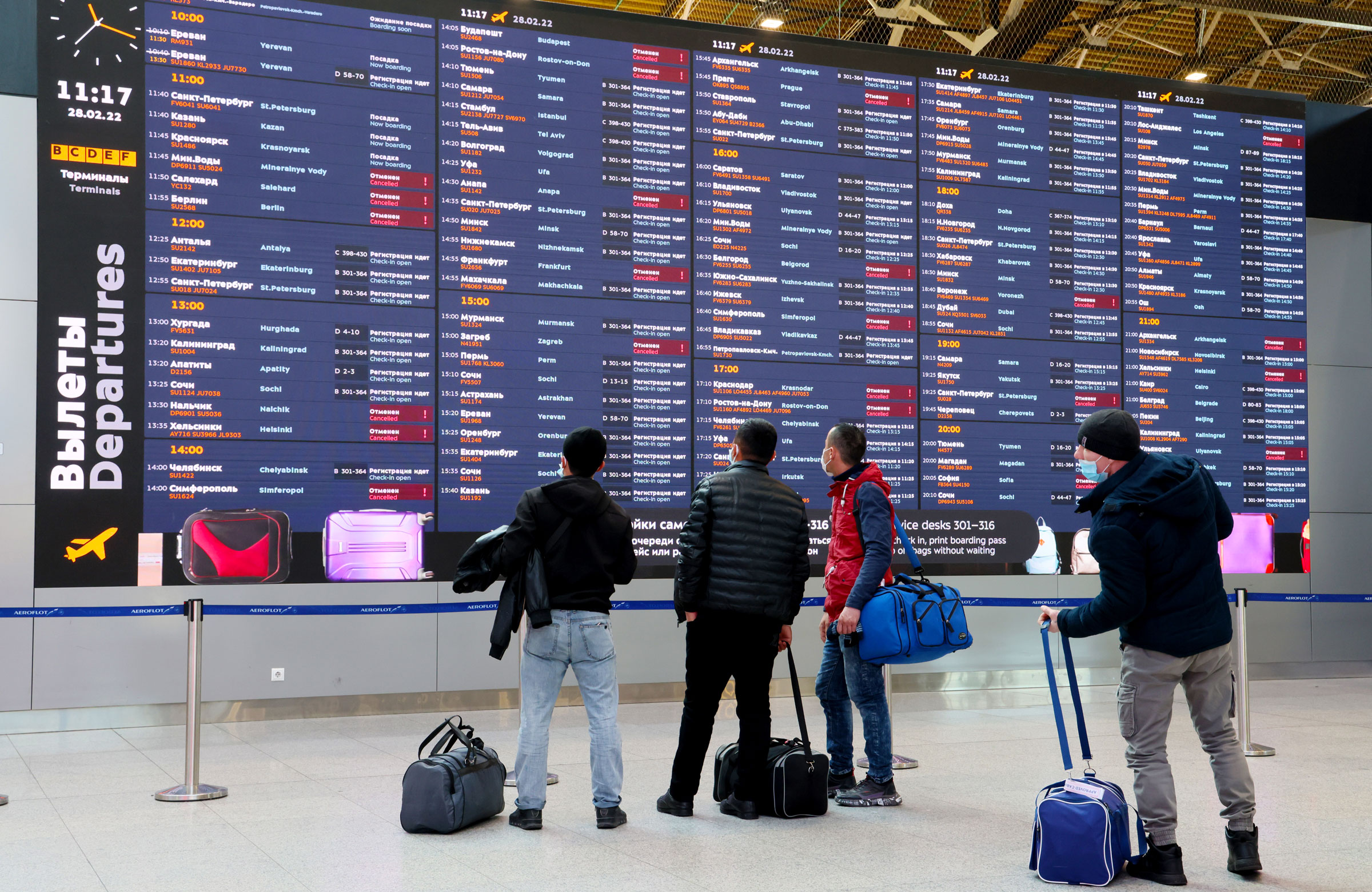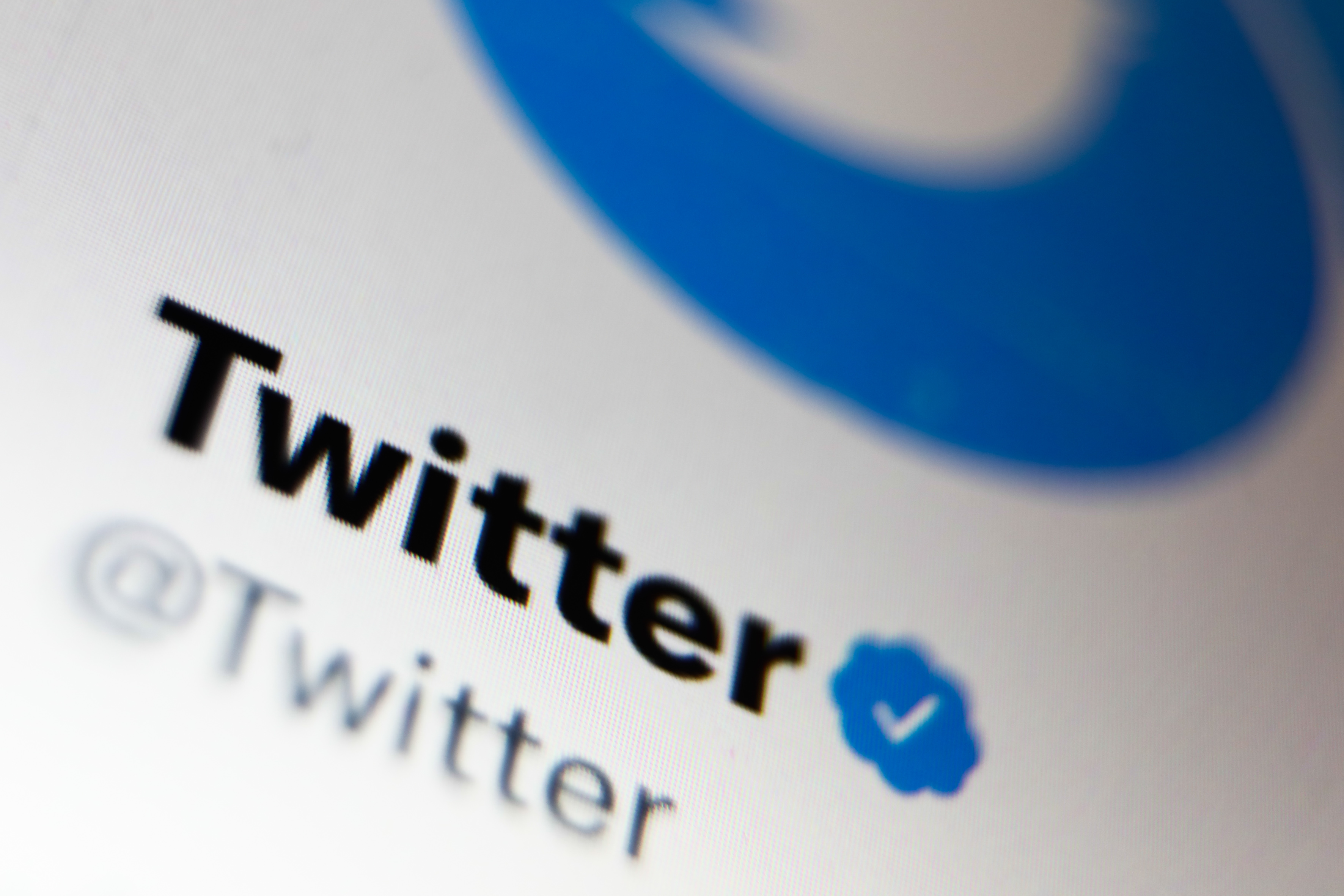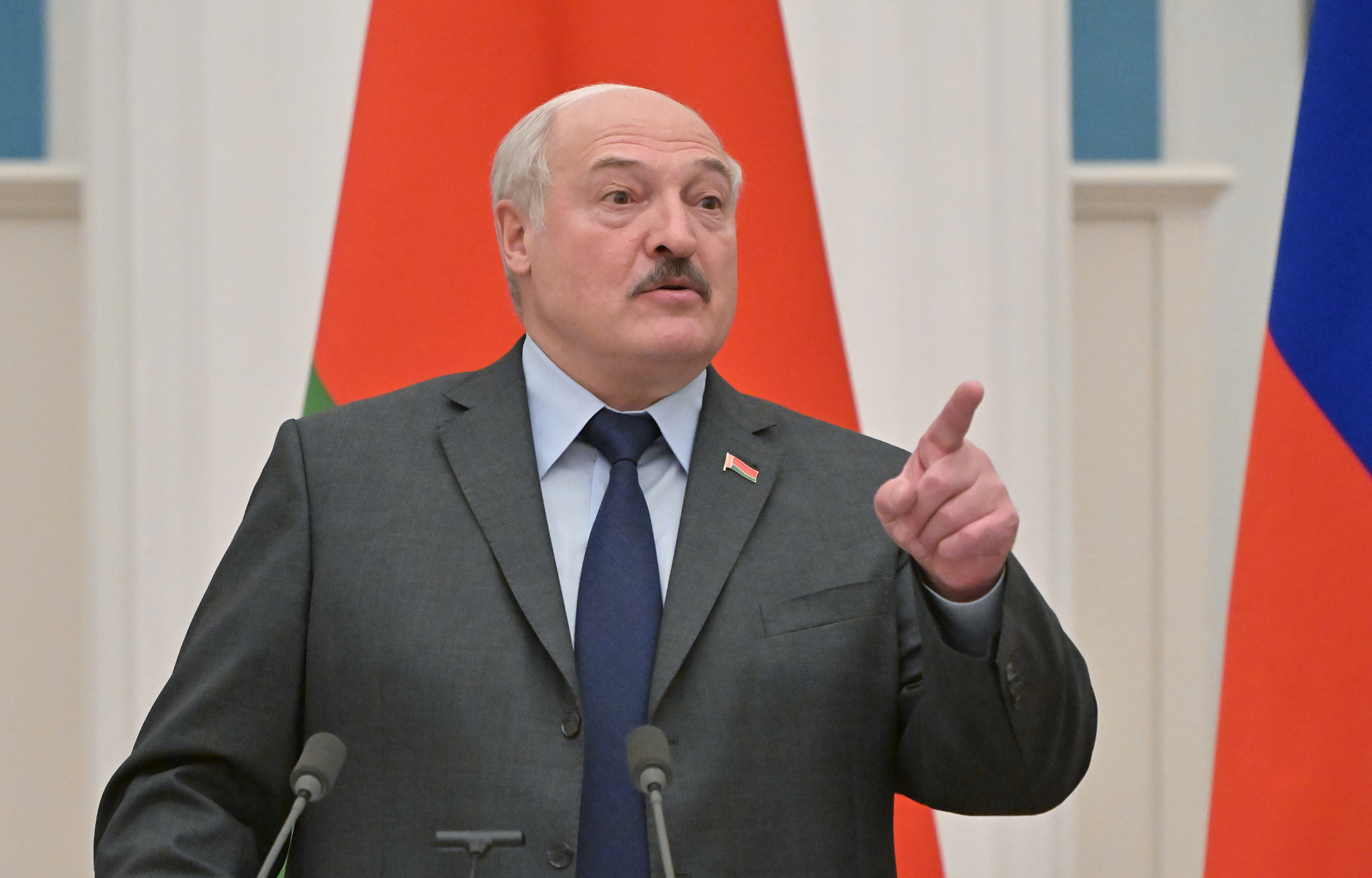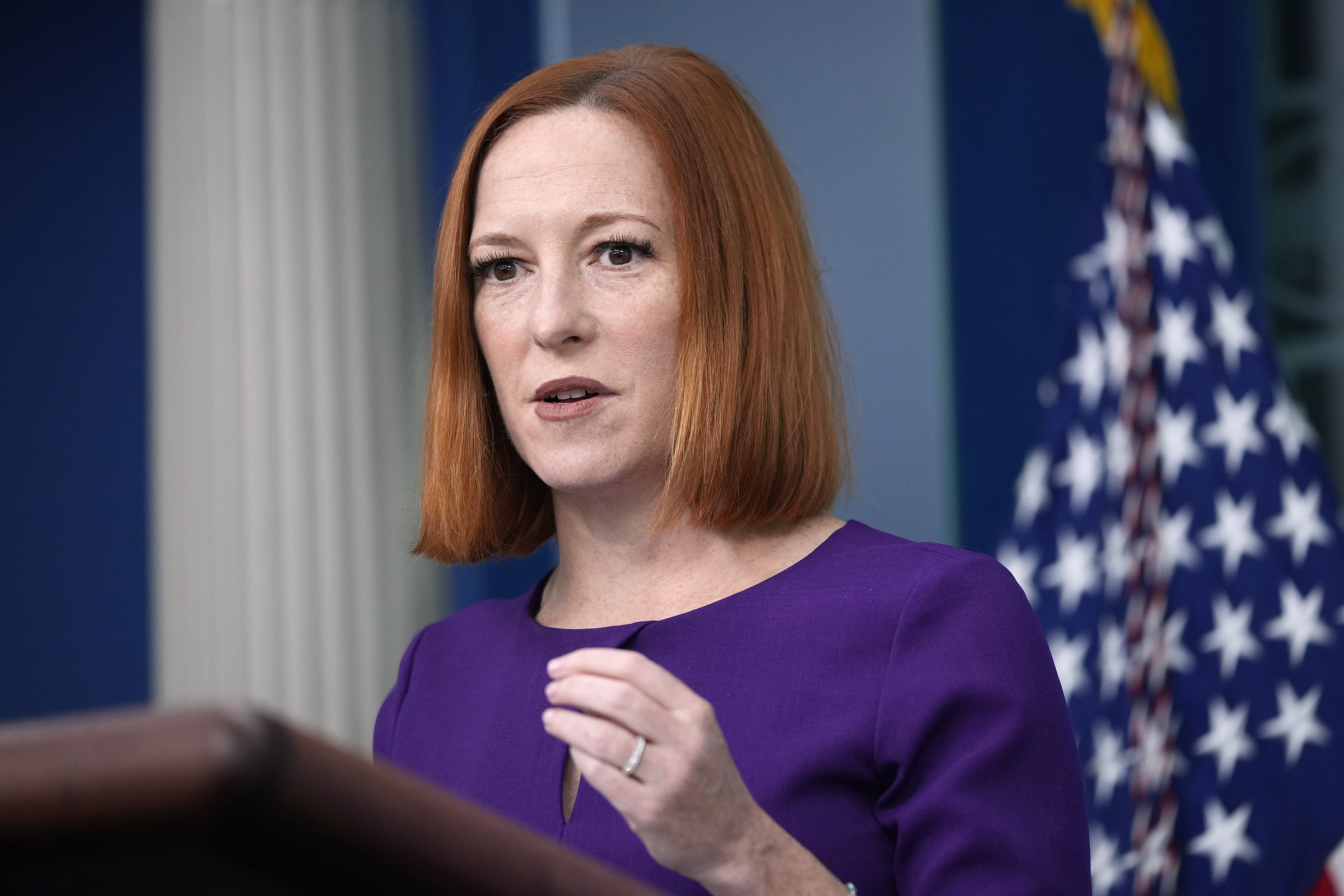
Shell said on Monday it plans to exit its equity partnerships with Russian state energy giant Gazprom in light of Russia’s invasion of Ukraine.
According to a statement, Shell intends to exit its joint ventures with Gazprom and related entities, including its 27.5% stake in the Sakhalin-II liquefied natural gas facility, its 50% stake in the Salym Petroleum Development and the Gydan energy venture. The company will also end its involvement in the Nord Stream 2 pipeline project, the statement added.
“We are shocked by the loss of life in Ukraine, which we deplore, resulting from a senseless act of military aggression which threatens European security,” said Shell’s chief executive officer, Ben van Beurden.
“Our decision to exit is one we take with conviction,” he said adding that “We cannot — and we will not — stand by. Our immediate focus is the safety of our people in Ukraine and supporting our people in Russia. In discussion with governments around the world, we will also work through the detailed business implications, including the importance of secure energy supplies to Europe and other markets, in compliance with relevant sanctions.”
At the end of 2021, Shell had around $3 billion in non-current assets in these ventures in Russia, according to the company.
“We expect that the decision to start the process of exiting joint ventures with Gazprom and related entities will impact the book value of Shell’s Russia assets and lead to impairments,” said Shell in the statement.










